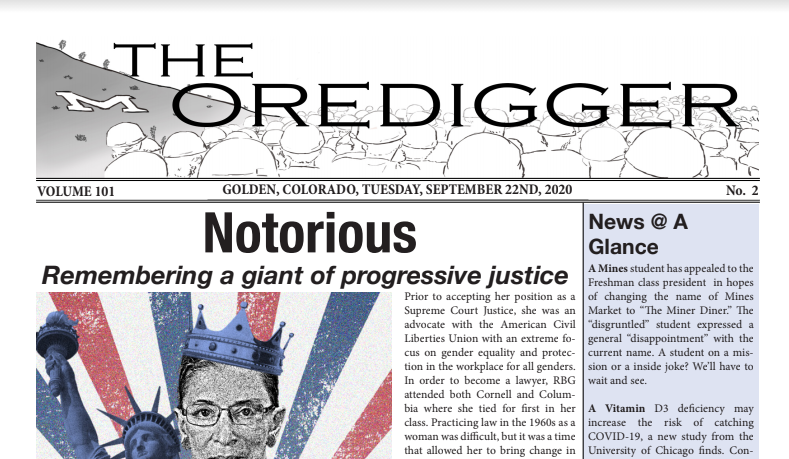This week in 1919, Jefferson County found itself in an awkward, but fortunate position. The district court opened with only three criminal cases on the docket. Many civil cases were listed, but “unless there [was] a sudden wave of crime in Jefferson county during the next week or two,” the district attorney was likely to be bored and the session would probably end quickly, according to “The Colorado Transcript.” The three criminal cases were over liquor sales (Colorado was a dry state at the time), libel, and a stolen overcoat. It is possible that the decreased criminal caseload was related to the U.S. involvement in World War I in 1918, decreasing the number of young men in Jefferson County at that time. The civil docket technically had “sixty-three cases, but many of these cases [had] been on the docket for years without going to trial, and it [was] likely that the same thing [would] happen this time.”
Environmental debates are not unique to the twenty-first century; Golden and the rest of the Clear Creek corridor were experiencing one this week in 1919. The Golden city council had endorsed a Colorado legislature bill “to prevent the pollution of streams.” Most mining town residents were against the proposition, however, publishing “articles saying every mill and mine would have to close.” As the controversy raged on, one mining man fanned the flames by writing to Alderman Chas. W. Owens, arguing that the mines and mills had continued on and surely would continue on even if the bill passed. The letter writer argued, though, that success would be reached only if the people banded together to pass the measure.
This week in 1919, residents along the Middle Golden Road celebrated the completion of a section of pavement stretching from Palmer station to Maple Grove school. Plans for paving continued, and the area paved was to stretch “from the Tramway Crossing, just below the malted milk factory, to Palmer Station” was being tackled next.


